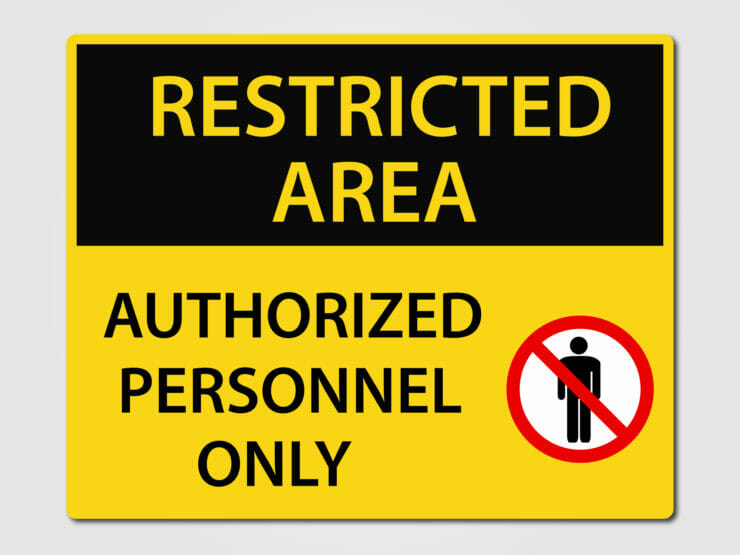
A few weeks ago, we explained what Oregon’s “total THC” testing requirement is and why it matters from a contractual point of view. Today, we further explore this issue and discuss how it is affecting industry players’ ability to export and import hemp and hemp products to the Beaver State.
Back in 2018, Oregon law makers passed Senate Bill 1544 (later codified in ORS 475B), which prohibits the exportation and importation of marijuana items in the state. “Marijuana items” means “marijuana, cannabinoid products, cannabinoid concentrates and cannabinoid extracts”, and includes “industrial hemp products and commodities that contain more than 0.3 percent tetrahydrocannabinol” (emphasis added).
Although the statutory language does not define “tetrahydrocannabinol,” it provides that the testing standards and processes addressed in the statute must comply with those adopted by the Oregon Health Authority (“OHA”).
The OHA testing rules are codified in OAR 333-007-0010 et seq.. Pursuant to OAR 333-007-0200(3), the concentration of THC permitted must take into account both the amount of Delta-9 THC in the product and the amount of tetrahydrocannabinolic acid (“THCA”) that if heated would convert THCA into THC.
As you know if you have been following our blog for a while, the Oregon Department of Agriculture (“ODA”) updated its testing rules to align with those adopted by OHA. Specifically, the ODA testing rules provide that finished hemp products or commodities, such as industrial hemp for human consumption, hemp items, usable hemp, and hemp cannabinoid products, must be sampled, tested, and reported in a manner consistent with the OHA’s marijuana sampling and testing rules. In addition, the ODA rules state that “[a] registrant may not sell an industrial hemp product that contains more than 0.3 percent total THC to a consumer….” (Emphasis added).
Accordingly, the importation and exportation by ODA registrants of hemp products and commodities exceeding 0.3 percent total THC is prohibited under Oregon law. But, according to the language of ORS 475B, ODA registrants are not the only ones that are barred from importing or exporting these products; “any person” must comply with this requirement.
This is problematic for many reasons.
First, requiring the total THC concentration not to exceed 0.3 percent is harmful to growers because it drastically limits the type of hemp strains they can cultivate. Limiting the strains with which growers may work creates an undue burden on an already challenging activity and places cultivators in a worse economic position than those in states that only require a Delta-9 THC compliance testing – without going into too much detail, it is easier to comply with a Delta-9 testing requirement.
Second, by prohibiting the exportation and importation of hemp and hemp products containing more than the 0.3 percent total THC, Oregon is reducing the number of hemp business opportunities within the state. Oregon growers and producers whose products exceed this THC limit, but satisfy the Delta-9 compliance testing, do not have the option of selling their products to states that have adopted the less stringent testing requirement. Also, out-of-state business players whose products meet the Delta-9 testing requirement are barred from entering the Oregon market.
Although Oregon has not taken enforcement actions regarding the importation and exportation of hemp and hemp product that contain more than 0.3 percent total THC, it is critical for hemp and CBD stakeholders in the state but also around the country to understand this issue and be cognizant of the fact that Oregon may not be, after all, the hemp-friendly state we all assumed it was.























